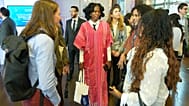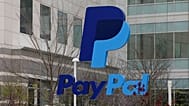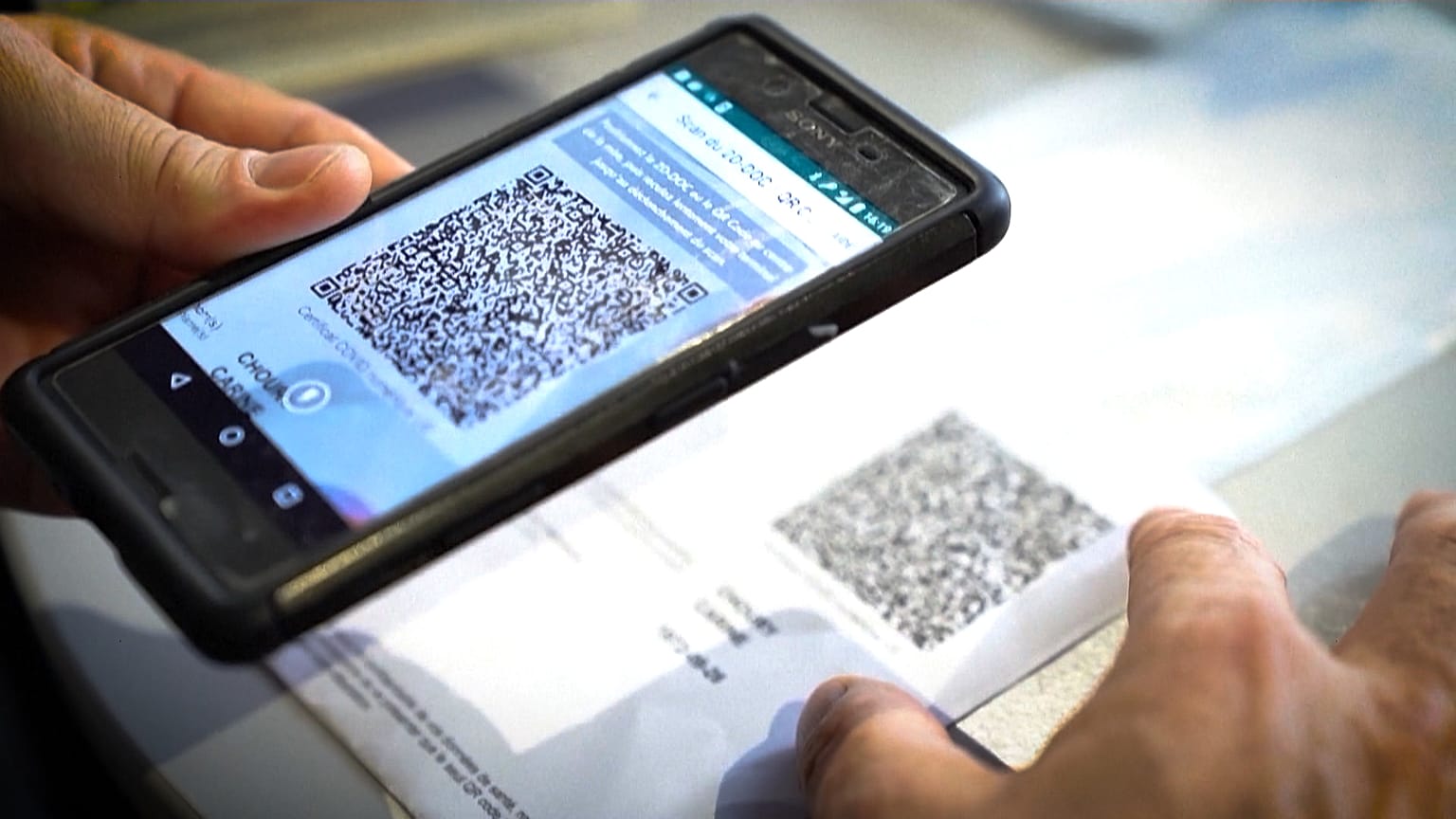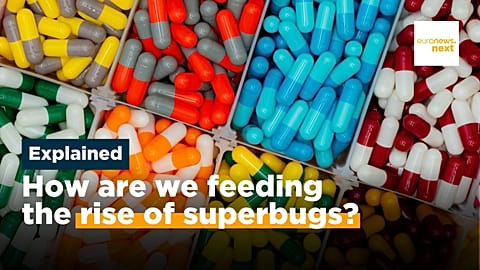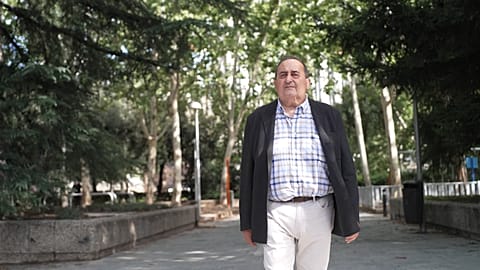Digital Covid Certificate: European health experts look to build on success story
QR codes accompanied our travels since the second year of the coronavirus pandemic.
Made up of an intricate and unique patern of black and white squares, scanning these QR codes became the core of the Digital Covid Certificate. Launched by European Union (EU) two years ago, The Digital Covid Certificate helped millions of EU citizens travel across borders again.
More than 1.8 billion certificates have been issued in digital or paper format around the world so far, and counting.
In total 67 countries us the system worldwide: of which 27 are EU member states and three hail the from European Economic Area. 22 other nations will hope to embrace the technology, which will bring the number of countries using Digital Covid Certificates up to 89.
Cooperation
In its creation phase, the World Health Organisation (WHO) was one of the partners that joined forces with Europe, to select the technical specifications for the digital cert. For instance, both the EU and WHO had to work out how registration for the vaccination status would work from country to country.
Speaking to Euronews Smart Health, Tarik Jasarević, World Health Organization Spokesperson, told us of Europe's response to "domestic and cross-border purposes" had been identified, and now it's easier than ever to use your digital cert, no matter where you are travelling.
Coordination
Interoperability is a fundamental function in order to build a system connecting dozen of countries.
To make this possible the European Commission set up a digital gateway, linking national IT systems databases, allowing them to share data that QR codes could verify anywhere in Europe, no matter the origin of your vaccine.
The infrastructure overlooking this runs on a server in the Commission’s corporate data centre which is located in Luxembourg
The COVID certificate comes into effect on July 1, 2021, to enable free movement within the EU, during the pandemic's worst days.
The QR code contains key information such as:
- Your name
- date of birth
- date of issue
- vaccination date(s)
- Certificate of recovery
- Records of test history
The personal data remains on the certificate and is not stored at any level.
Gamechanging technology
The pandemic has definitely shown that cross-border access to health data is key in the response to health emergencies.
The successful experience of the Digital Covid certificate, created in only three months, has been the result of a joint effort and a pragmatic approach.
"We managed to keep complexity at the minimum," says Konstantin Hyppönen, Policy Officer of DG Health and Food Safety.
"It was difficult to fit everything that was needed in this very small QR code and at the same time to ensure the security of the system, the possibility to verify the contents without using any online services for that. [It] was made possible because of a very smart way of packing that information, encoding it and digitally signing it."
Europe looking forward
In the coming few years the whole power of digital health tools will be overlooked by the European Health Data Space. This initiative, presented by the European Commission in May 2022, will support national health policies, research, and quality of healthcare, thanks to the cross-border exchange of health data.
Stella Kyriakides, EU Commissioner for Health and Food Safety, says the Digital Covid Certificate is a success story worth building on.
"This is the potential of digital technologies in the area of health, which I believe can really enable us to address many challenges together. These are all challenges that we face when putting forward the EU digital certificate, and now that has opened up further innovation in the EU in the area of digital health."
Solutions similar to Digital Covid Certificate may be implemented in other ways in the future. According to some health sector experts, QR codes could be used to check information on other vaccinations too, or even to share data with health professionals across borders, with just a quick scan on your smartphone.



